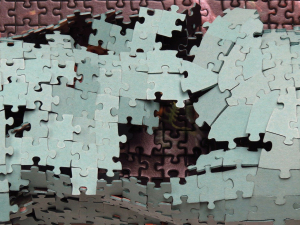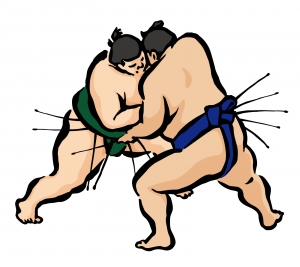What does yabai mean? やばい? ヤバイ? Japanese

“Yabai” is a word widely used in Japan from young people to elderly people.
This word has been used since the Edo period, and most people in their 50s use the word in its original meaning. On the other hand, people in their 40s and under tend to use “yabai” in a broader sense than the conventional meaning. The difference is that young people use the word not only in a negative sense but also in a positive sense.
The slang now appeared not only in general conversation but also in TV shows, dramas, movies, comics, novels, etc., and which almost makes us think this is a correct Japanese word.
Let’s take a closer look at “yabai”.
What does “yabai” mean?
“Yabai” is an adjective and has the following meanings:
Dangerous situation
A situation that is likely to be dangerous
Very inconvenient situation
When inconvenience is expected
and,
Cool, amazing, impressive, delicious and the like.
Originally, “yaba” in “yabai” was a secret slang that used to indicate prisons and guards in the Edo period by peddlers (tekiya), thieves or street performers.
They used the word when they were in danger of getting caught.
And then, “yabai” spread among ordinary people in the black markets after the war in Japan. It meant as follows;
Doing dangerous things
Breaking the law
It seems that our wickedness has been found
The danger is approaching
That looks dangerous, and so on.
Until the 1980s, the word was used in its traditional meaning.
However, Takuya Kimura, who was a super idol at the time, who appeared on a variety show in the 90s, ate something on the show. He ate a bite and looked surprised, so the viewer expected that the comment “oishii” would come out of him, but he said “yabai”.
Many adults who were watching this would feel uncomfortable with his utterance, and in fact, his comment became a hot topic arguing that it was a wrong usage, it was so uncomfortable to hear, he is not clever and so on.
However, as Takuya Kimura’s popularity was absolute, “yabai” quickly spread among young viewers and soon it began to be used in everyday conversation.
Mr. Kimura is in his 40s, so the current 40s and younger use “Yabai” in two ways.
Then “Yabai” has a negative and positive meaning. Therefore, when someone says “yabai”, now we have to determine whether the “yabai” means positive or negative.
According to a recent survey, more than half of young people use “Yabai” in a positive way.
The word is also used in a shortened version like any other slang;
Yaba!(やば!、やばっ!)
Yabee!(やべー!、やべぇ!)
There are other ways of saying “yabai” as follows.
Yabai yo!(やばい よ!)
Yabakatta!(やばかった!)
Yabai yo ne?!(やばい よ ね?!)
Yabakune?(やばくね?)
Maji yabaitte(まじ、やばいって)
“Yabai” is written not only in hiragana but also in katakana.
When writing in katakana, full-width is (ヤバイ)or half-width (ヤバイ).
In the case of a combination of katakana and hiragana is (ヤバい).
Also, some people say “yavai (ヤヴァイ、ヤヴァイ)” when they want to emphasize their feeling.
And this word is still evolving little by little.
Recently, a questionnaire about the word “yabai” was given to parents with elementary school children. The purpose was to investigate what their children mean when they use “yabai”.
The survey revealed that the children not only use the word with the meaning of “dangerous”, “suspicious” “weird” “not cool” “amazing” “fun” but also “dull (tired)” “tensioned” or “a state in which they don’t understand”.
And since anything can be expressed in “yabai”, young people may be at risk of just repeating “yabai”.
Speaking of “yabai” when they are eating, it may be unclear if they mean delicious or not. The people who dine with them or the person who cooked the meal may be confused.
It seems necessary to look at the context before and after the word “Yabai” and the facial expression of the person who expresses it.
Future conversations may be full of “yabai”.
Isn’t it really “yabai”?


























